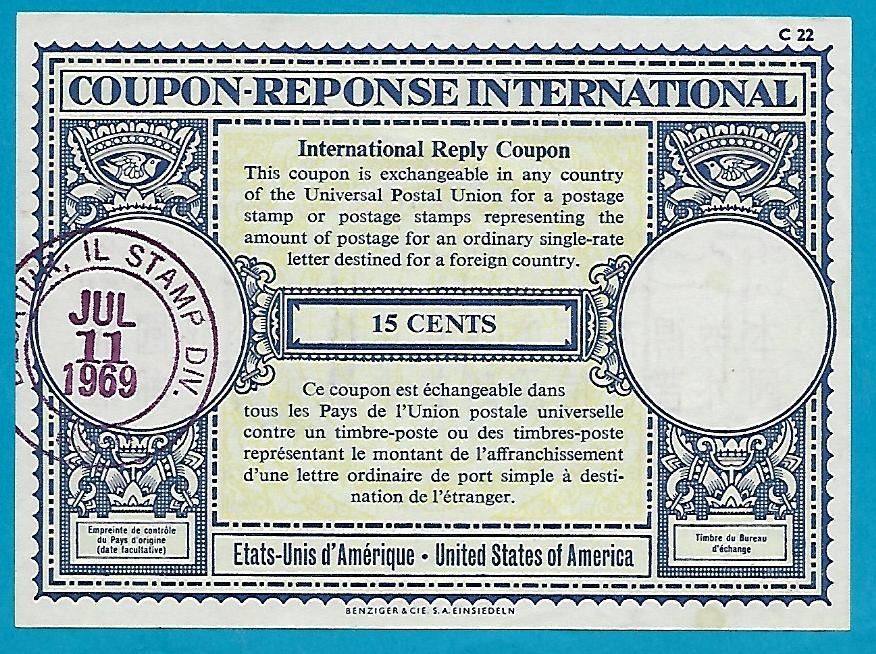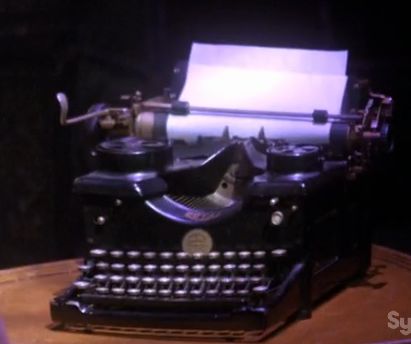Tonight I'll give details on my meeting with agent
Daniel Lazar.
Overall, it was a good experience.
To set the stage a little, up to now, my biggest frustration has been sending query packages to publishers, only to receive rejection letters that say, "We don't want it, but good luck placing it elsewhere." The letters never give advice on how to improve my query package.
Well, Dan gave me the long-sought-out valuable advice I've been looking for. I had to pay $150 for the service, but it was mostly worth it. He showed me what was missing in my query letter. He also gave advice on fixing the first chapter. He also answered general questions I asked concerning the writer/agent relationship.
Like I said last week, when I walked into the room, all my nervousness mysteriously went away. When I saw Dan, I knew right away that he was human, like me. He wasn't a mysterious god-like intimidating gatekeeper bent on destroying my dreams.
1. AGENTS ARE HUMAN.
The room was set up like speed-dating. There were six to eight tables laid out - some for other Manuscript Mart sessions and others for the Critique Service. At first I was concerned that the room would get too loud, but that didn't happen. I could hear Dan just fine and vice-versa.
So, I shook hands with Dan; said I was glad to meet him; and was prepared to give my three-sentence verbal pitch, but that never happened. He had already read my query letter and first chapter.
After a little small talk, he dove into what I sent. Immediately I could tell that he would not be picking me up as a client. After a few seconds of disappointment, I got over it and listened to the advice he had to give.
In the query letter, he pointed out one thing (hopefully implying the rest of the letter was fine). My letter looked something like this: <my info in header> <date> <Dan Lazar's info> "Dear Mr. Lazar:" <Three sentence intro to my book> <a quick sentence stating the number of words in the novel and the style of the novel> <a short paragraph asking for the opportunity to send the entire manuscript> <a short paragraph listing my very few credits> <a last paragraph thanking him for his time> "Sincerely," <signature>.
The one thing he pointed out that my book intro needed more information. This is what I had written:
"Thomlin Hywater is trapped on the prison planet Justice. He wants to escape and exact revenge. However, when he discovers the <minor spoiler alert>."
He said simply, "We need more info on the character. Who is he? What is he like?" He pointed out that there was lots of white on the bottom of my page, and I had room to add more.
2. AGENTS REALLY LIKE TO SEE INFO ON THE CHARACTERS AND THE SETTING THEY'RE IN. NO NEED TO BE TOO BRIEF.
As for my first chapter, (which you can read
here), he gave three main observations.
A) My writing is energetic. He said that it's clear that I want to get to the action. However:
B) I went so fast that I failed to set the stage. Where exactly are the two brothers? What does the space station look like?
C) But at the same time, at around page two, you can see Thomlin get lost in his thoughts. It's meant to fill in the reader, like (as Dan called it) a brain-dump. However, in a real life conversation, no one would be able to think that much in such a short amount of time. It basically stops the action.
At first, I think I got a little defensive. Dan kept harping on how much he wanted to know about the space station. But the truth of the matter is, I don't really care about the space station. It's simply where Thomlin lives. The planet Justice is what the book's all about - and I describe the heck out of that place. We're only on the space station in Chapter 1 and we never go back. Chapter 1 just explains how he gets to Chapter 2, where the fun stuff begins.
But then I realized - if a publisher/agent doesn't like Chapter 1, they're not going to read Chapter 2 or 3, etc. In other words, if Chapter 1 starts on that dang space station, then I had better care about that dang space station!
3. CHAPTER ONE NEEDS TO BE PERFECT BY ITSELF.
In other words, Dan told me exactly what I needed to hear. With this in mind, my plan is to do an edit (my fourth draft) of Chapter 1, and possibly all the way through Chapter 3, and then send some packages to more agents around February.
I then asked Dan if he looked at my synopsis. (Synopsis = a 600-word summary of the plot, complete with spoilers, plot-twists, etc.) He said, "Oh - I almost never look at those. They're as painful to read as I bet they're painful to write." Some agents look at synopses, but it sounds like a lot of them want to read the actual manuscript excerpts.
4. SOME AGENTS/PUBLISHERS DON'T EVEN LOOK AT THE SYNOPSIS.
About this time in our discussion, he told me that he doesn't do science fiction, so there would be no way that he could represent me. I asked if there were other agents at his agency (Writer's House)
that did science fiction. (Remember that I said I would go for a referral?) He said - yes, they do some science fiction. However, the woman he was thinking of would not represent my book, as she does more paranormal science fiction. I wasn't sure if he was giving me the "no one would touch this" treatment, but he looked sincere. I asked a couple of follow-up questions and learned:
5. AGENTS ARE BRUTALLY HONEST. (THIS IS GOOD.)
6. AGENTS DON'T DO WHAT THEY DON'T KNOW. IN OTHER WORDS, IF THEY DON'T SPECIFICALLY IDENTIFY THEMSELVES AS SCI-FI AGENTS, IT REALLY MEANS THEY DON'T DO SCI-FI. (It would be bad if they tried and ruined your chances of getting published.)
7. EVEN IF AN AGENT DOES SCI-FI, THE AGENT MAY STILL SPECIALIZE - THAT IS, ONE MAY DO SPACE OPERAS, ONE MAY DO PARANORMAL, ONE MAY DO ONLY HARD SCI-FI, ETC. (An agent will be brutally honest and tell me if they don't do my kind of stuff. I can cut down on query letter submissions and time spent if I specifically target agents that I think do my stuff.)
Even though Dan doesn't do sci-fi, he impressed me with his knowledge of Asimov, Clarke, Robert Jordan, Babylon 5, and Deep Space Nine. Are all agents this well rounded and well-read?
I asked a few more questions.
How long does it take to get published? Depends on the author/luck/etc. Even if an author gets published, he doesn't succeed until enough books sell.
Does the agent help sell the book after it's published? Generally, the agent doesn't do this, but will often give good advice on what tactics the author can use to sell more books. Also, the publisher will most likely provide a lot of help in the selling arena.
Dan also provided two sources I can use to look up agents online:
publishersmarketplace.com
agentquery.com
Then that was pretty much the interview.
Did I get my full $150 worth? I could look at it this way: $50 got me the opportunity to talk with a real life agent. Another $50 got me a real criticism of my submission packet. The last $50 got me a chance to be picked up by an agent (or get a referral).
My only complaint is that of the choices provided, there were no sci-fi agents for me to talk to. Even if I wrote the perfect submission packet, it appears that none of the then-available agents did my stuff, nor did they know anyone who did my stuff. So, I didn't really have a chance to be picked up or get a referral.
But then again, I may find that Dan Lazar's suggestions may be exactly what I need to add the edge that will get me noticed. If this happens, then the whole $150 I paid would have been more than worth it.
Would I do it again?
For a second-time experience, I would only do this if I could speak with a sci-fi agent. I learned a lot the first go-around with Dan, and a second go-around would not add much more info unless it comes with a real chance of being picked up by an agent.
However for a first-time experience, I'd certainly do it over again. If you have a completed manuscript and you're getting rejection letters, then by all means, pay a couple hundred bucks for this opportunity. You'll learn a lot - especially if the agent you talk with happens to be Dan Lazar.
Stay tuned - more to come next week on this conference.
Mel








